Economy
Politics
ASIA, BEIJING, CHINA, COMMUNIST PARTY OF NEPAL, ECONOMY, EXPORTS, FOREIGN INVESTMENT, INDIA, INFRASTRUCTURE DEVELOPMENT, K. P. SHARMA OLI, KATHMANDU, LI QIANG, NEPAL, NEW DELHI, OL, OLI, POKHARA, SRI LANKA, SUPPLY CHAIN, TRADE, UNIFIED MARXIST LENINIST, WORLD BANK, XI, XI JINPING
Nia Simpson
Nepal’s K.P. Sharma Oli Visits China Seeking Investment and Infrastructure Renewal
Nepal’s Prime Minister K.P. Sharma Oli is visiting China to seek investment and revitalize stalled infrastructure projects under the Belt and Road Initiative. This marks a shift from Nepal’s traditional ties with India, as China plays a growing role in Nepali economic affairs. Oli’s administration is focusing on managing potential debt risks associated with Chinese loans in the context of regional economic dynamics.
K.P. Sharma Oli, returning to the role of Prime Minister of Nepal for the fourth time, is undertaking a significant visit to China, marking his first foreign trip since his recent swearing-in. This visit represents a strategic pivot from traditional ties with India, as he engages with Chinese leaders, including President Xi Jinping and Premier Li Qiang, to revitalize stalled infrastructure projects under China’s Belt and Road Initiative. Nepal has been eager to enhance its economic partnership with China, seeking to mitigate its historical trade reliance on India, which currently constitutes two-thirds of Nepal’s international trade, contrasting with China’s 14%.
During his previous tenure, Oli successfully negotiated a petroleum supply agreement with China after India imposed an oil blockade. This pivotal agreement altered the dynamics of Nepal’s energy dependencies, fostering closer ties with Beijing. Notably, China has provided a $216 million loan to construct an international airport in Pokhara, evidencing this growing relationship, despite challenges such as limited flight accessibility due to Indian airspace restrictions.
Oli’s administration faces mounting concerns regarding debt management as the implementation of Belt and Road projects hinges on loans, raising apprehensions following Sri Lanka’s recent debt crisis, which highlighted the risks of unsustainable borrowing. This backdrop frames Oli’s current discussions in Beijing, as he aims to solidify Nepal’s economic position while navigating these complex geopolitical dynamics and national interests.
Nepal’s geopolitical landscape is increasingly influenced by its relationships with neighboring powers, particularly India and China. Traditionally aligned with India, Nepal has begun to explore deeper economic engagements with China, particularly in infrastructure development. The Belt and Road Initiative is central to this dynamic, offering various projects aimed at enhancing connectivity and fostering economic growth. The recent returns of K.P. Sharma Oli as Prime Minister and his shift in diplomatic focus underscore Nepal’s strategic intent to balance its foreign partnerships and reduce economic dependence on India. The intricate relationship between these countries reflects broader regional power shifts, with implications for trade, investment, and geopolitical stability. Understanding these relationships is critical for comprehending Nepal’s current political and economic strategies.
In conclusion, K.P. Sharma Oli’s visit to China marks a significant shift in Nepal’s foreign policy, emphasizing enhanced engagement with Beijing while seeking to decrease reliance on India. As he strives to advance stalled infrastructure projects and recalibrate economic ties, concerns regarding debt sustainability loom large amidst potential lessons from neighboring countries. The coming days will likely reveal the outcomes of crucial discussions aimed at fostering Nepal’s future development and positioning within the global context.
Original Source: indianexpress.com
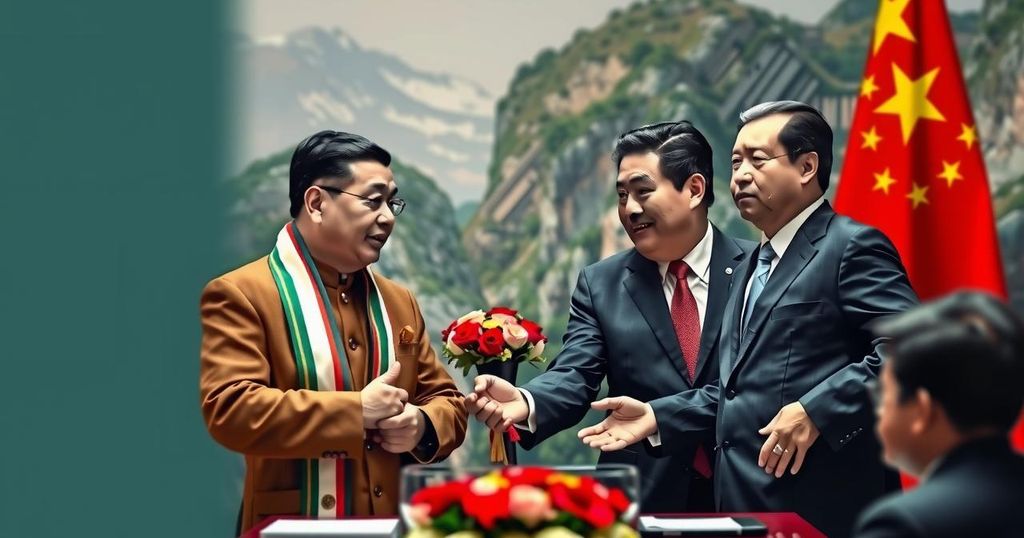
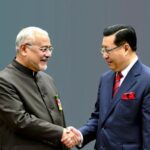

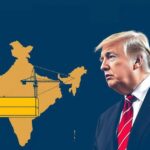
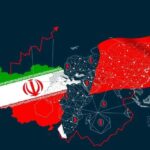


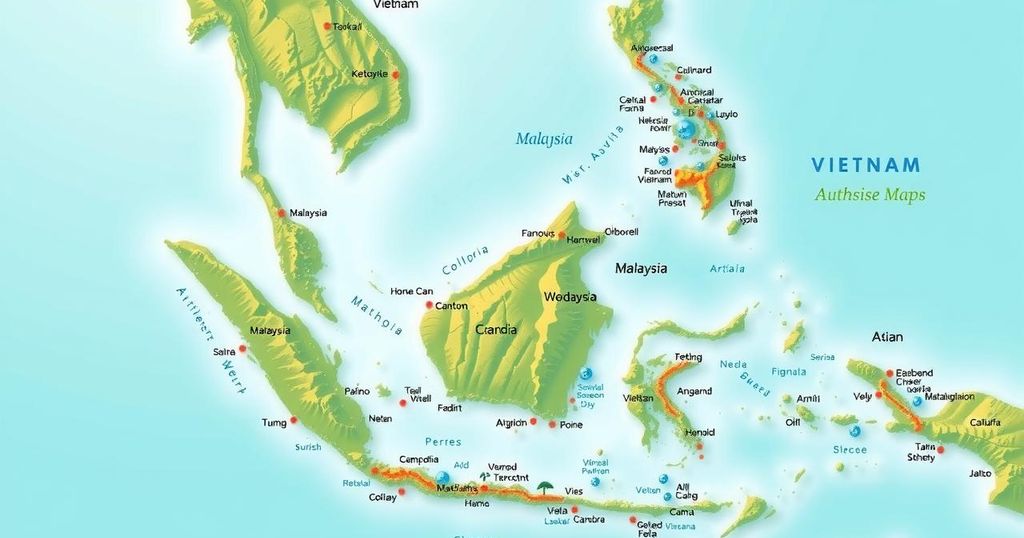
Post Comment